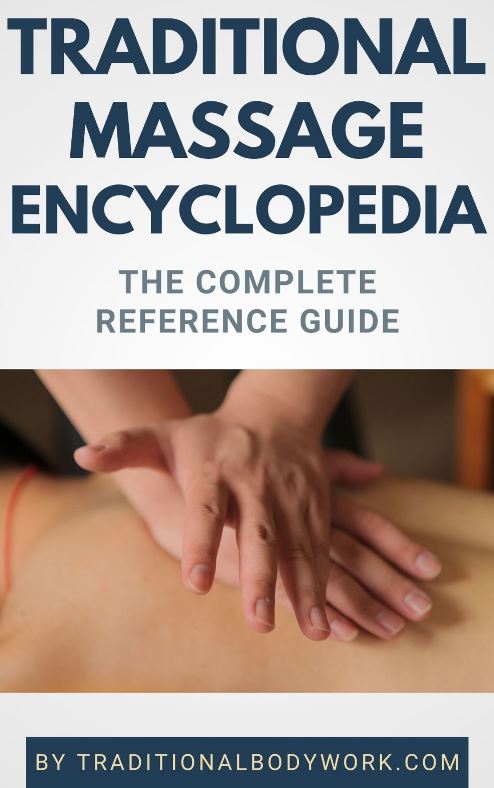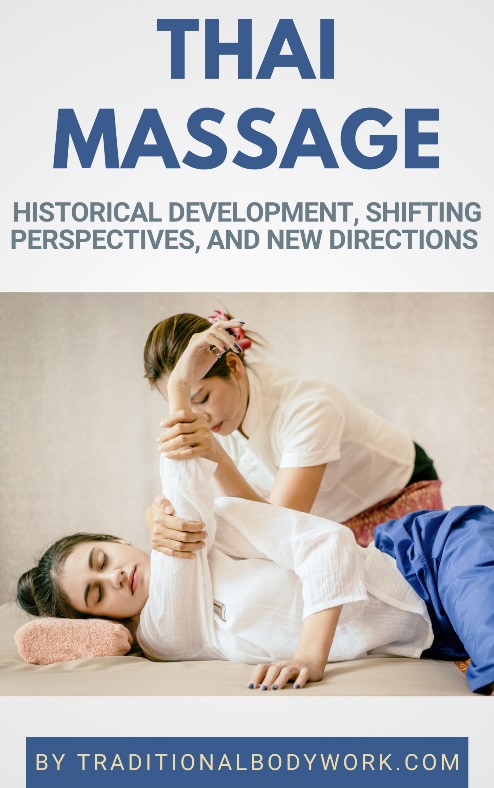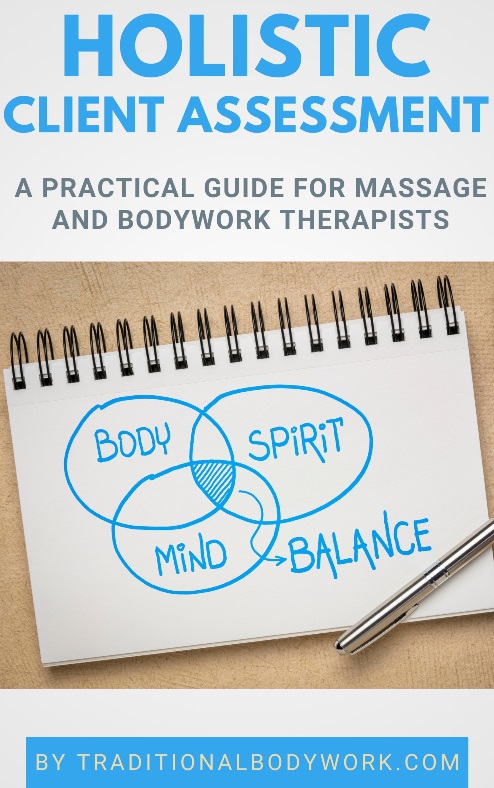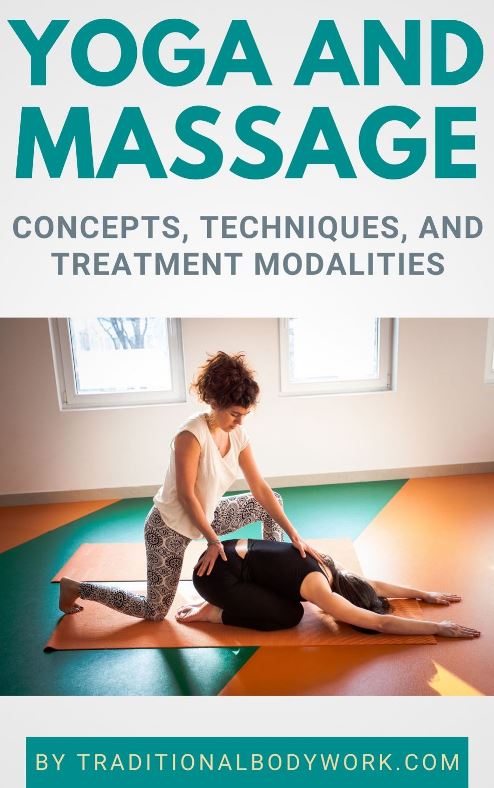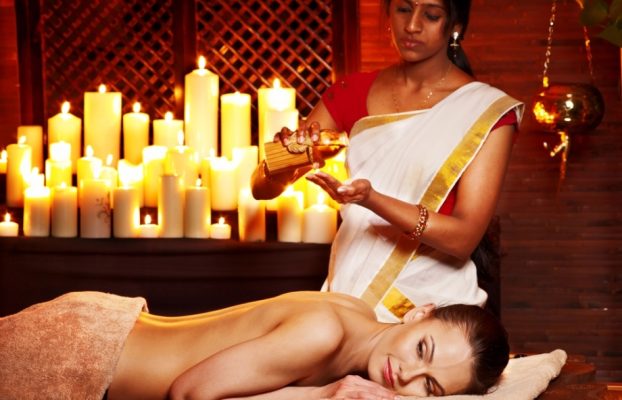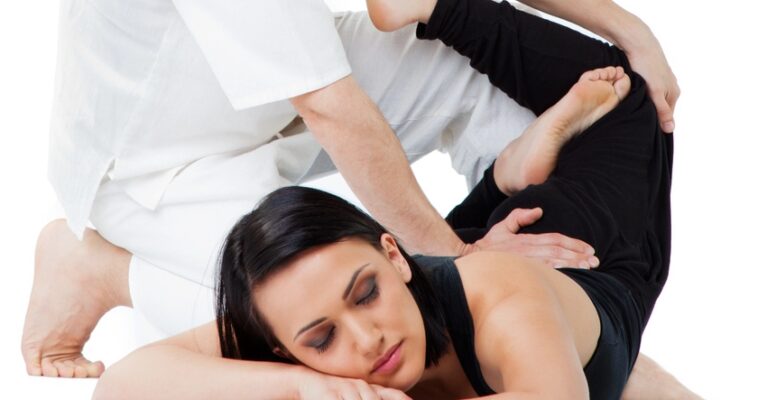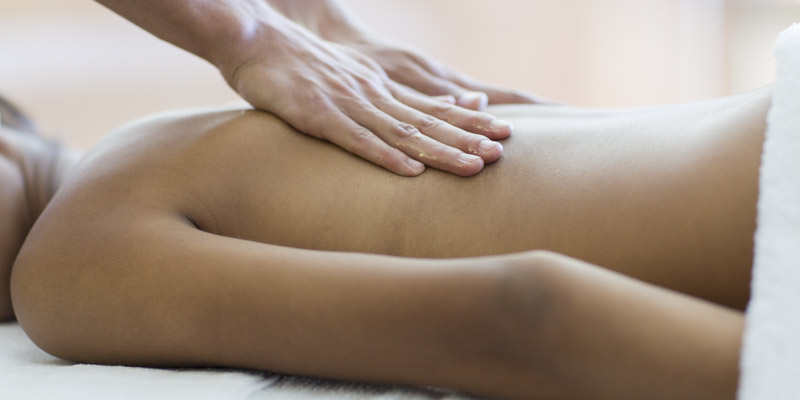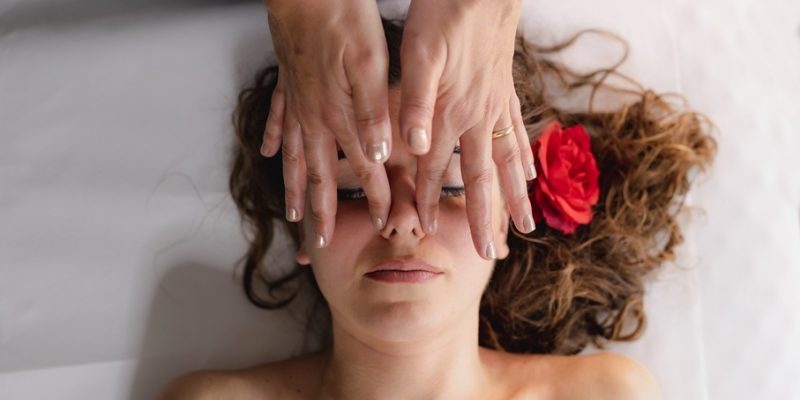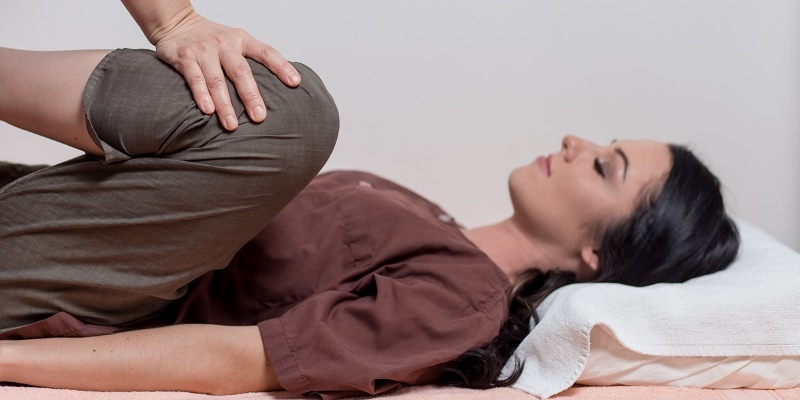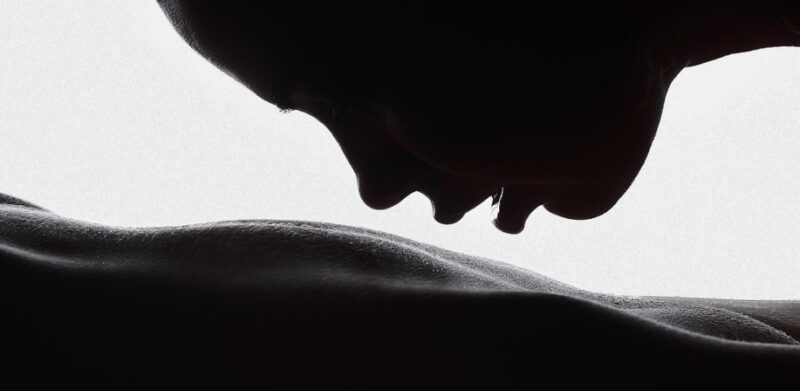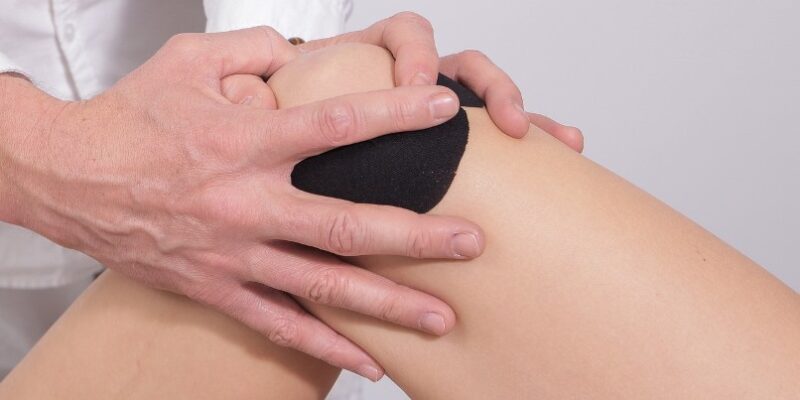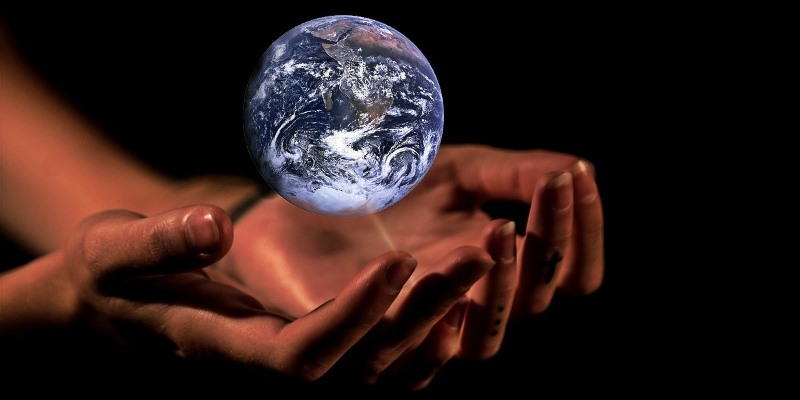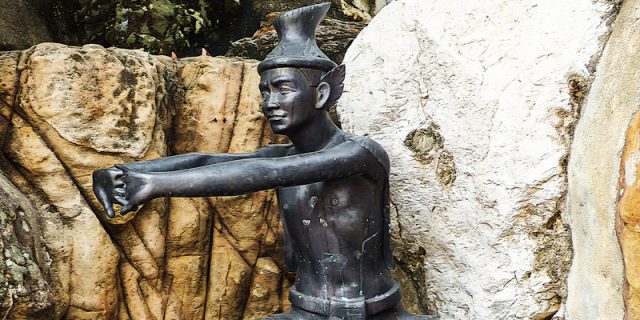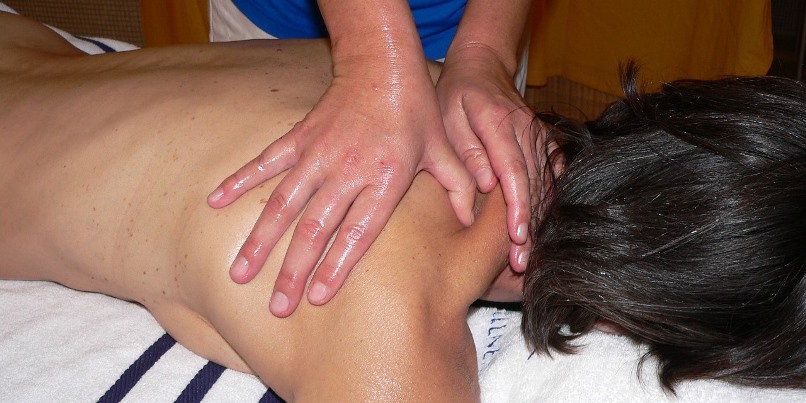
Classic Massage, also referred to as Swedish Massage, was not “invented” in Sweden as the name seems to suggest, but in the Netherlands.
Today, it’s commonly accepted that it wasn’t Per Henrik Lin (a Swede who created a system of gymnastics and exercises called Medical Gymnastics), but Johann Georg Mezger (a Dutchman) who formalized a set of massage techniques (around the year 1870), which today is called Classic or Swedish Massage.
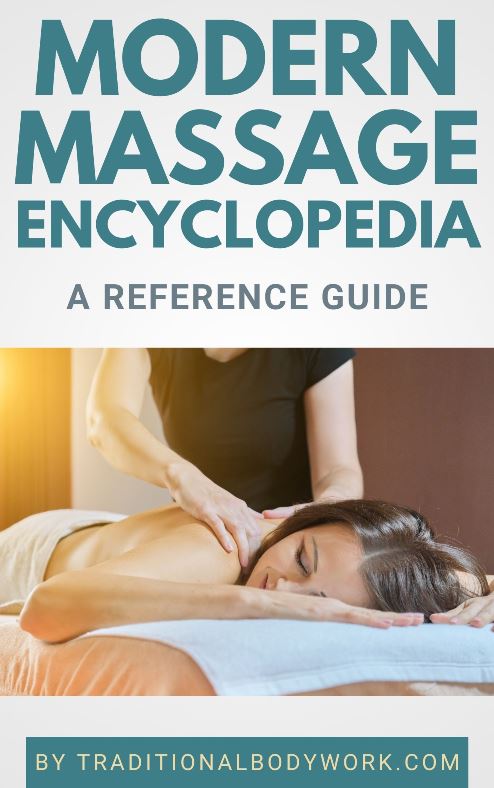
Classic Massage is known for its application of five basic massage techniques, that is, effleurage (long, gliding strokes), petrissage (muscle kneading), friction (circular rubbing motions), tapotement (tapping or percussion) and vibration (shaking particular muscles), which were actually based on already existing French massage techniques.
A lot of confusion there, and I won’t get into the exact reasons of why this massage modality became known as “Swedish Massage,” but it has to do with translation issues at the time.
In any case, Classic Massage is one of the most used general massages in the West, and usually considered a Western massage modality. By the way, nowadays, the treatment is offered worldwide, also in spas and wellness centers in Asia, for instance.
Classic Massage is a full body massage typically given on a massage table, and was designed to stimulate blood circulation mainly to reduce pains, joint stiffness, and fatigue. Additionally, the treatment relaxes body and mind, relieves from stress and tensions, both physically and mentally.
Usually oils, creams or lotions are included in the massage treatment to avoid “skin burn” or unpleasant friction, and to aid with certain massage techniques, such as the application of long strokes across the body.

